This is the next in the series of vignettes of local block captains drawn from Them That Do, a multimedia documentary project and community blog by West Philly-based award-winning photographer Lori Waselchuk. Make sure to go to Them That Do for more photos, videos and other information and updates.

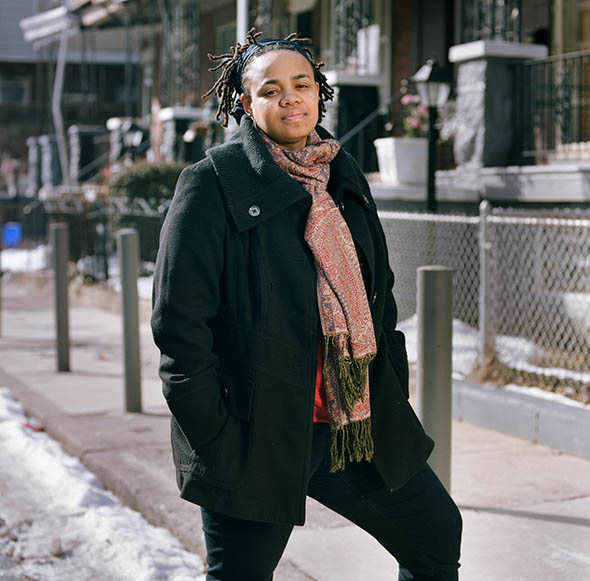
Leonia Johnson is a young block captain on the 200 block of S. Millick Street in West Philadelphia. Photo by Lori Waselchuk
Last March, Leonia Johnson stood up at the Cobbs Creek Block Captain Association’s monthly meeting to speak about the murder of her neighbor and friend, Gregory “Chop” Scott, two weeks earlier. Scott had been shot seven times, at point blank, in front of his home on South Millick Street. When Johnson described cleaning the bloody crime scene after the police finished their work, the meeting room filled with moans. Her listeners, too, knew such pain.
“Chop was old school,” she said. Perhaps she wanted her audience to know that for her, age meant wisdom and experience. She was the youngest member of the association by decades.
Johnson described how Scott helped her keep the block safe. “If he saw young people selling drugs, Chop would ask them to move on and they would. They might not have liked what he was saying, but they respected him.”
Her message was both a memorial and a call for unity. She said that the people who lived on the 200 block of S. Millick had “prayed together and declared as a block that this will not make us weaker.”
She knew that several members of the association also had experienced violent crime on their watch. So she said: “I say all this to you so that you do not give up your hope… and so that you do not become complacent.”
Johnson’s block has a history of unity, not violence. “We are like a family,” she told me during a recent interview. Then, after thinking about her words, she smiled to herself and added, “And we can be quite dysfunctional at times.”
Block captains have been a steady influence on S. Millick. “We’ve never not had one,” said Johnson.
“When I was young, my mother was block captain. I watched the respect my mother got.” Johnson was a junior block captain, too. “I thought it was the coolest thing in the world to have a title,” she recalled.
After she graduated from college, Johnson got a job as a youth counselor at the Philadelphia Anti-Drug/Anti-Violence Network, then moved into her mother’s home. Johnson, who now is 34, became the block captain eight years ago, after the previous captain moved away.
Being a young block captain has its advantages and disadvantages. One advantage is Johnson’s ability to relate to youth. She once interrupted a dice game on a porch and a boy came up to her afterward to complain that he lost money because of her. “I told him ‘Well, you owe me thirty thousand dollars!’ and when he said ‘What?’ I said, ‘When I see ya’ll gambling, all I think about is how my property value is dropping thirty thousand!’”
Johnson understands why there are so few young block captains. “Very few 30-40 year-olds do community service,” she says. “They are trying to establish themselves and they don’t think about the next generation.”
She had her own doubts too, she said. “I wondered how I’d be able to be effective and still have a life.”
Johnson is concerned that the block captains with whom she works are getting old and there are no volunteers to take over. If the older block captains simply fade away, “we won’t benefit from their knowledge,” she worries.
Johnson has built friendships with the elder block captains and feels responsibility to assist them when she can. It’s a lot to take on. “Somebody needs to help me bridge the gap!”
–Lori Waselchuk

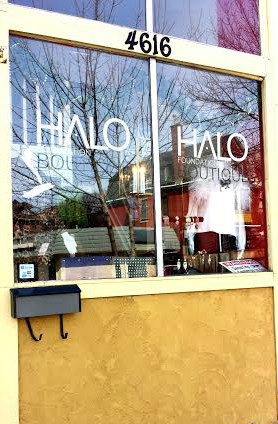
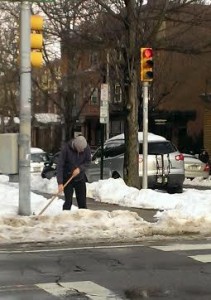



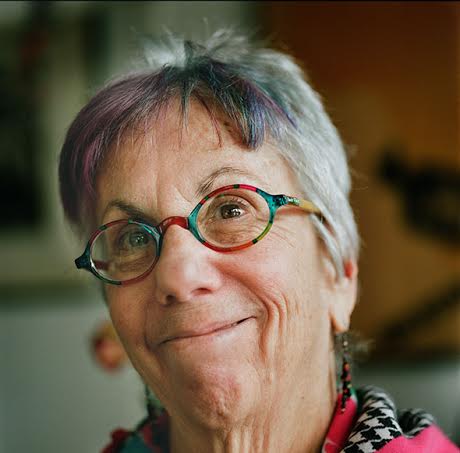
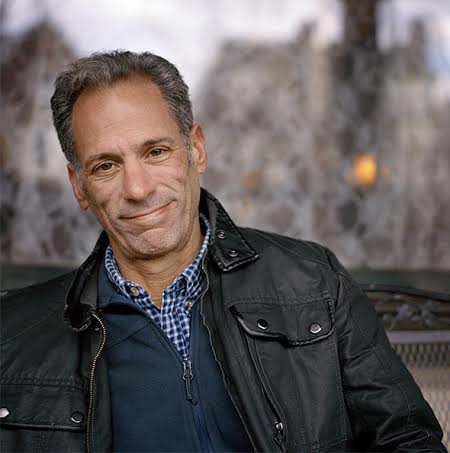






Recent Comments